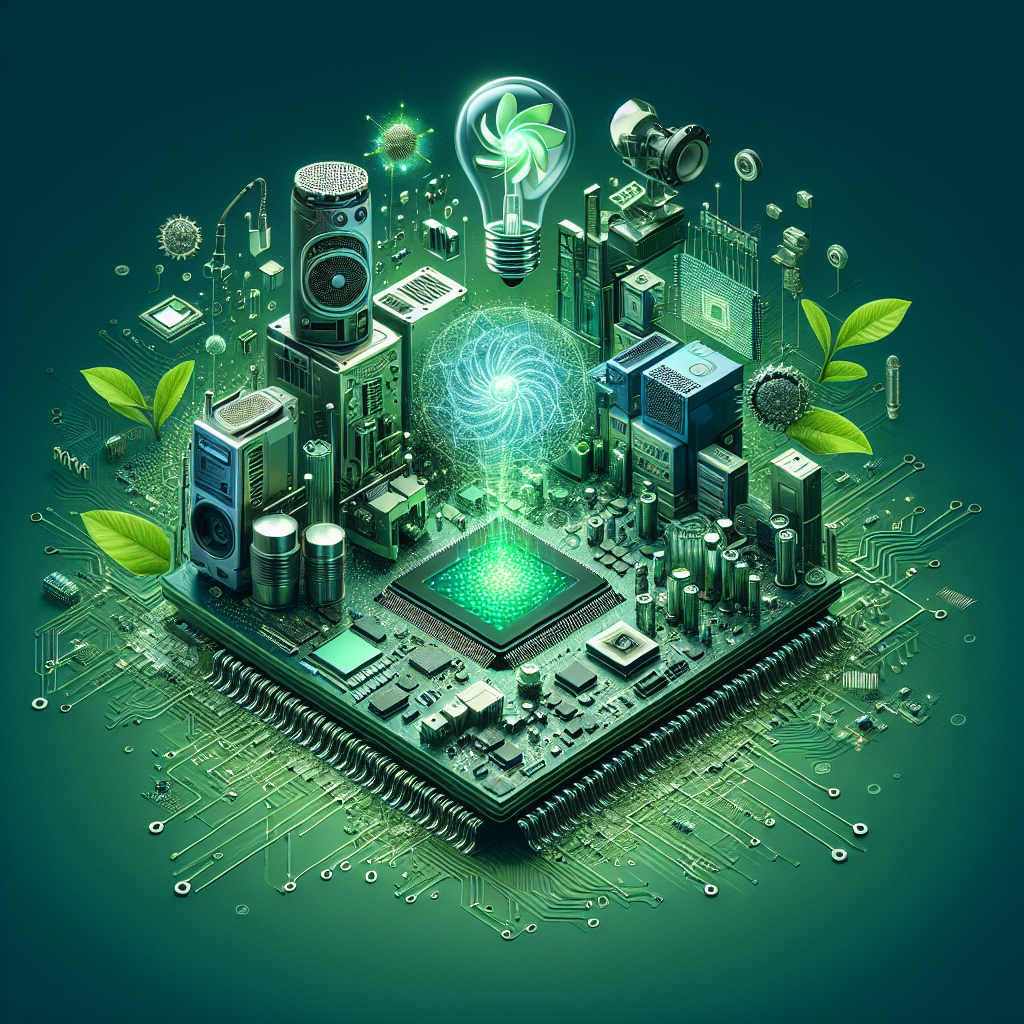Blog Ecobraz Eigre

The world's five most innovative technologies in electronics processing
Artificial Intelligence Applied to Electronic Processing
The use of artificial intelligence (AI) has revolutionized electronic processing, enabling optimizations at every stage, from data analysis to process automation. AI-based systems lead to improved efficiency in sorting, component recognition and the automation of complex procedures, which are essential for the efficient handling of electronic waste in accordance with current regulations, such as the National Solid Waste Policy (Law No. 12.305/2010).
Blockchain Technology for Tracking Electronic Components
The blockchain offers a reliable mechanism for the tracking and immutable recording of information relating to the life cycle of electronics. This ensures regulatory compliance with sustainable processes and facilitates transparency for regulatory sectors and decision-makers, aligning with the sustainable management and environmental responsibility guidelines required in official Brazilian regulations.
Advanced Processing with Robotics and Automation
Specialized robots and automated systems are being applied in electronics processing to separate materials with high precision, reducing human error and increasing operational safety. This technology contributes to compliance with environmental and occupational safety standards, such as those laid down in Brazilian legislation on the industrial environment.
Chemical Recycling of Electronic Components
Advances in chemical recycling make it possible to recover valuable materials present in electronic components, such as noble metals, in a controlled and environmentally appropriate way. Innovative techniques ensure that the process meets legal requirements for the management and disposal of hazardous waste, reducing environmental impact and promoting the circular economy.
Sanitization and Safe Disposal of Storage Media
Information security in the disposal of storage media, including hard disks (HD), is crucial to meet data protection standards and avoid legal and environmental risks. Certified electronic sanitization processes guarantee the complete destruction of data, in accordance with regulations relating to information security and environmental protection. For scheduling and specific protocols, see hard drive sanitization.
Final Considerations
The advancement of electronic processing technologies combined with current Brazilian legislation, especially the National Solid Waste Policy, requires constant updating of the methods and tools used. Adherence to the best technological and legal practices contributes to the sustainability and safety of processes, which are fundamental for government and corporate sectors operating in the ESG, EHS, procurement, IT and legal segments.

Deixe um comentário
O seu endereço de e-mail não será publicado. Campos obrigatórios são marcados com *